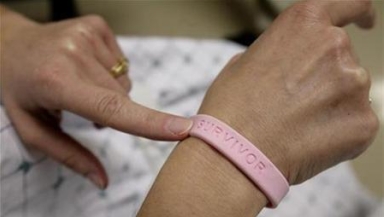
One of the most important opportunities in modern medicine today is to beat cancer before it relapses. This might sound like a stretch, but the latest studies in the field finally see a window for this possibility. By performing a new kind of blood test, cancer can be detected months before it can be detected by existing hospital scans.
According to the study, metastatic relapse was predicted eight months earlier through mutation tracking than conventional testing approaches. The same study further expounded the possibilities of the said finding, stating that intervention before the reappearance of cancer is possible.
"It will be some years before the test could potentially be available in hospitals," said Nicholas Turner, head researcher from the Institute of Cancer Research in London, in an interview with the BBC. "But we hope to bring this date closer by conducting much larger clinical trials starting next year."
Although the study was performed only on women who have breast cancer, the application of the medical breakthrough is far-reaching.
"We're really talking about a principle that could potentially be applied to any cancer that has gone through initial treatment for which there's a risk of relapse in the future," Turner further explained.
The research, which was published through the Science Translational Medicine, is opening a lot of doors for future studies. But even with this exciting development, there is still a wide gap to be bridged between this new test and workable solutions for cancer treatment.
A journal written by Tilak Sundarasen and Daniel Haber runs along the same lines of the study of Turner and his team. But Sundarasen and Haber raises key concerns about the early detection of relapse and what can actually be done about it. From their standpoint, it is not yet clear if early detection can be used to start treatment early and stop new tumors from forming.













